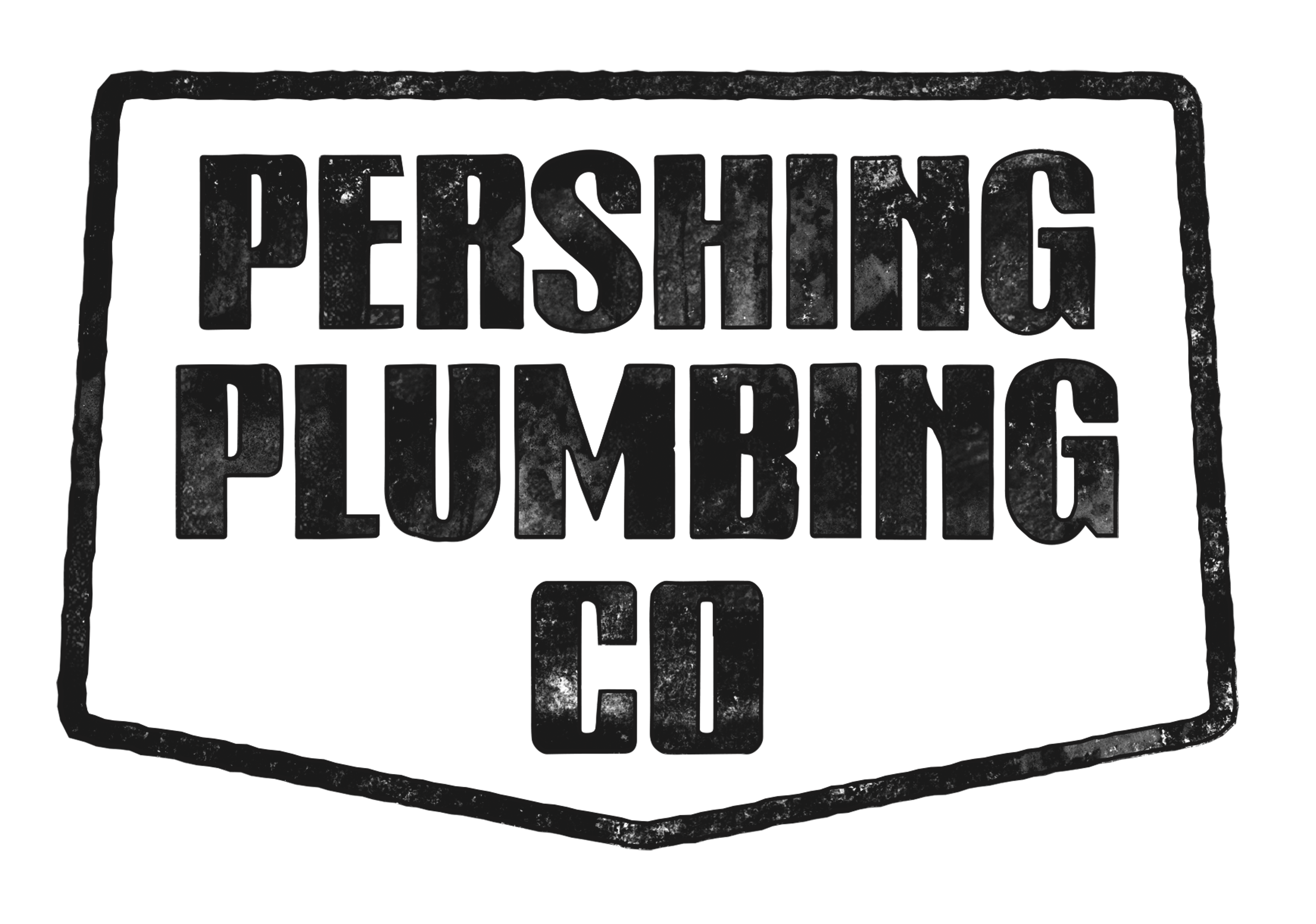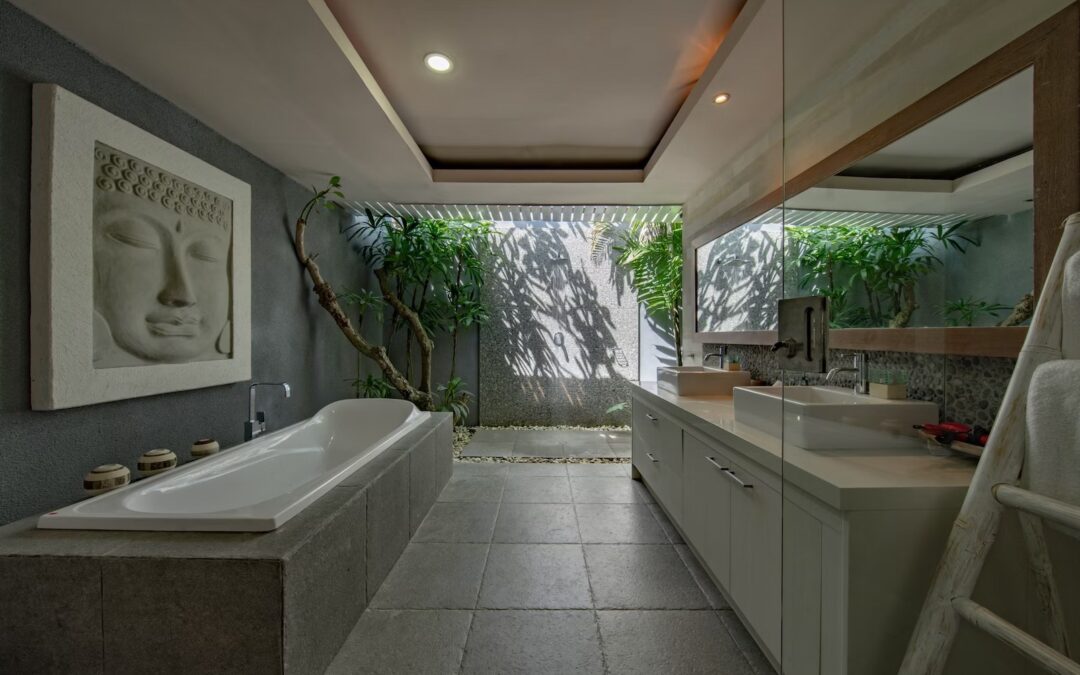A burst pipe is one of the most stressful and potentially damaging emergencies that a homeowner can face. The sudden deluge of water can wreak havoc on your property, causing structural damage, mold growth, and significant financial losses. But fear not—knowing how to deal with a burst pipe can make all the difference in minimizing the damage and stress associated with this unfortunate event. In this article, we’ll explore effective steps to take when faced with a burst pipe, ensuring that you’re well-prepared to handle the situation and protect your home.
Recognizing the Signs of a Burst Pipe
Visible Water Damage: Water pooling on your floors, ceilings, or walls is a clear sign of a burst pipe. Don’t ignore even small amounts of water; they could indicate a larger problem.
Unusual Sounds: Bubbling or hissing sounds coming from your plumbing could indicate a burst pipe. Listen for any abnormal noises, especially in walls or ceilings.
Drop in Water Pressure: If you notice a sudden drop in water pressure throughout your home, it might be due to a burst pipe affecting the water supply.
Immediate Steps to Take
Turn Off the Water Supply: The first and most crucial step is to shut off the main water supply to your home. This will stop the flow of water and prevent further damage.
Open Faucets: After shutting off the water supply, open all faucets in your home to relieve pressure and drain any remaining water from the pipes.
Contain the Water: Place buckets, towels, or other absorbent materials around the affected area to prevent water from spreading and causing more damage.
Calling for Professional Help
Contact a Plumber: Once you’ve taken initial measures to contain the situation, call a professional plumber. They have the expertise and tools needed to assess the extent of the damage and make necessary repairs.
Document the Damage: While waiting for the plumber to arrive, document the damage by taking photos or videos. This documentation can be invaluable when filing insurance claims.
Minimizing Damage and Preventing Future Bursts
Insulation: Consider insulating exposed pipes, especially those in attics, basements, and crawl spaces. Insulation can help prevent pipes from freezing and bursting during cold weather.
Regular Maintenance: Schedule routine maintenance with a plumber to inspect your plumbing system and identify potential issues before they escalate.
Conclusion: Keeping Calm Amid the Chaos
Experiencing a burst pipe is undoubtedly stressful, but with the right knowledge and immediate action, you can mitigate the damage and speed up the recovery process. Remember, the key is to act quickly: shut off the water supply, open faucets to relieve pressure, and contact a professional plumber. By taking these steps promptly, you’re well on your way to minimizing the impact of a burst pipe and preventing future emergencies. Stay vigilant, keep your composure, and let your swift response turn a potential disaster into a manageable challenge. Your home and peace of mind will thank you for it.

